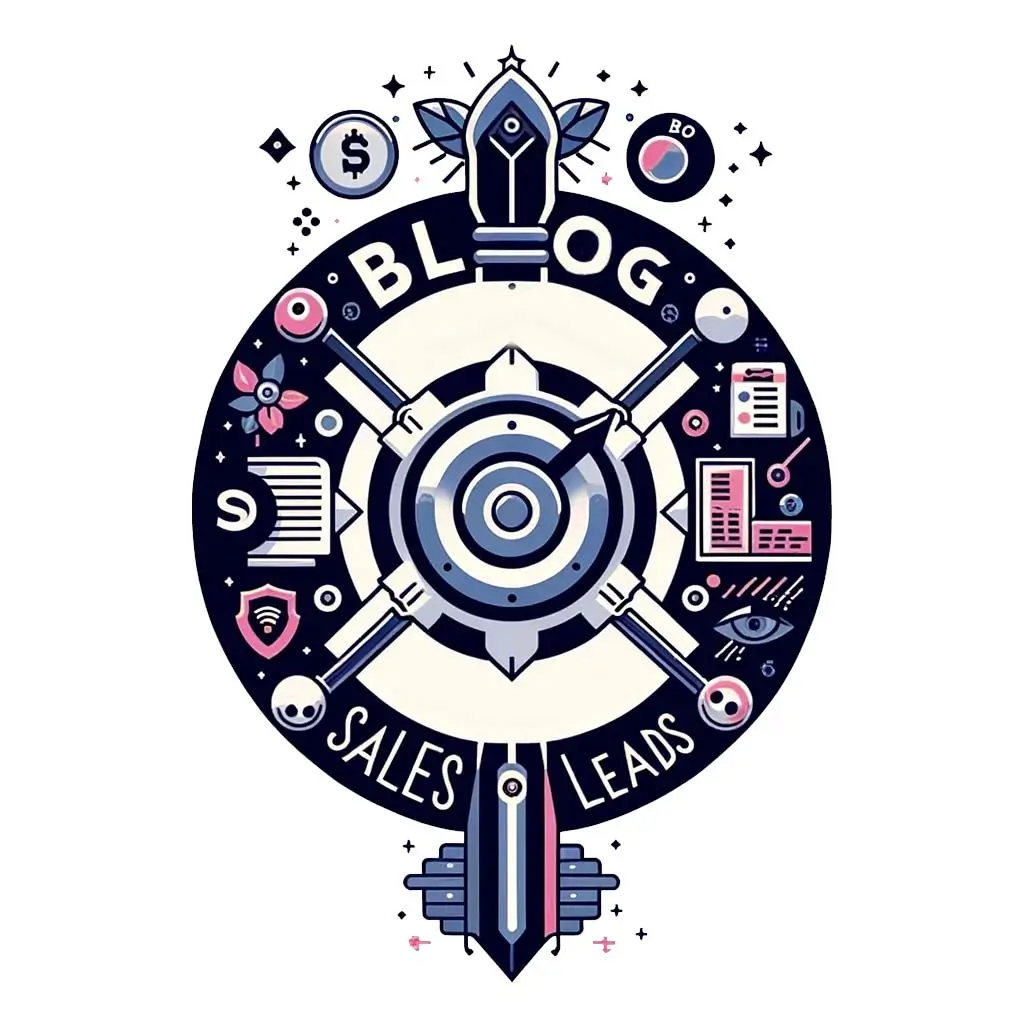In a landscape where consumer attention is fragmented across various platforms, attracting and retaining this attention becomes more difficult by the day.
There is just a huge amount of content and entertainment out there, and you’ll be lucky to get a few eyeballs on the content you’ve been slogging away at for the past months.
Although the toil is relentless, statistics of the last five years indicate that blogging is still one of the most effective, and cost-effective ways to engage with your current fan base, or reach new fans.
Of course, it’s not all happy smiles and rainbows. Starting a blog and having it rank well is a challenge few actually achieve.
But let’s say you get it all right, and your blogs start generating traffic, could this traffic lead to sales?
According to an article on Hubspot titled, Blogging Statistics, 31 Stats You Need To Know (By Pamela Bump), 80% of internet users interactive with social media and blogs. 59% of marketers say blogging is of value. And website with active blogs, according to BKA Content, generates 434% more indexed pages.
But most importantly for businesses and brands, blogs can generate up to 67% more leads.
Therefore, understanding the value of blogging, as well as the emergence of more direct-to-customer purchasing that is on the rise, can help your website generate significantly more leads.
Not convinced yet?
We hear you. It often seems to good to be true. So let’s investigate and check if blogs on your website can be helpful to your business to generate more leads:
1. Boosts Search Engine Optimization (SEO)
I’m sure you’ve heard it all before. Especially Google is adamant that regularly updated blogs provide fresh content that search engines love, improving your visibility and overall page rankings.
Each blog post is a new page for search engines to index, increasing your chances of being found by potential customers.
Will you magically get more visitors? Probably not. Most blogs disappear into oblivion. Mostly because they are not applying SEO correctly or due to slow website speeds and the like.
In order for SEO to work for your blogs, setup a quality SEO plugin on your website, and format every blog correctly for SEO.
2. Establishes Industry Authority
Always looking at the reviews first before purchasing? Blogs can perform a similar function.
By sharing valuable insights, tips, and industry news, a blog positions your business as a knowledgeable industry leader. This credibility builds trust with your audience, a critical factor in lead conversion.
3. Enhances Social Media Presence
Tired of writing and designing endless amounts of social media posts that feels like they’re not being read or seen by anyone?
Blog content can be shared across social media platforms, expanding your reach and engagement.
Each share introduces your business to a new network of potential leads, magnifying your visibility exponentially.
Additionally, instead of developing social media specific posts every time from scratch, you can build up a number of blogs that is evergreen to share over and over on social media. This saves a lot of time and effort.
4. Drives Long-term Results
A single blog post can continue to attract new leads days, months, or even years after publication through search engines. This long-term benefit is a significant advantage over traditional advertising, which stops generating leads the moment you stop paying.
5. Improves Conversion Rates
Blogs provide the opportunity to include calls-to-action (CTAs) in every post, encouraging readers to engage further with your brand, whether it’s subscribing to a newsletter, downloading a guide, or making a purchase.
If you haven’t done so already, remember to add buttons to you blogs to guide your readers towards the next steps you want them to take.
6. Builds Relationships with Customers
Blogs offer a platform for two-way communication through comments and social shares, fostering a community around your brand. This engagement helps build relationships and loyalty with your audience.
How-To blogs can then also help your customers understand how to use your products or services, which further encourages people to buy your products because they know they can find help on your blog.
7. Offers Valuable Customer Insights
Analyzing which blog posts perform well can provide insights into your audience’s interests and preferences, allowing you to tailor your content and marketing strategies more effectively.
8. Cost-effective Marketing
Blogging is one of the most cost-effective marketing strategies. Beyond the initial investment in creating the content, blogs continue to generate leads over time without additional expenditure.
9. Supports Content Marketing Strategy
A blog form part of most content marketing strategies today, providing valuable content that can be repurposed across various channels, including email campaigns, newsletters, and social media.
10. Differentiates Your Brand
A blog allows you to share your brand’s voice and story, differentiating your business from competitors. This unique perspective can be a compelling reason for customers to choose you over others.
To conclude, the evidence is clear.
Blogging is not just an optional extra for modern businesses—it’s an essential component of a successful digital marketing strategy. By boosting SEO, establishing authority, enhancing social media presence, and driving long-term results, blogs play a pivotal role in generating more leads and building stronger relationships with customers.
If your business isn’t already leveraging the power of blogging, now is the time to start. Transform your online presence, become a thought leader in your industry, and watch as your lead generation efforts flourish, thanks to the compelling, informative, and engaging power of blog content.

